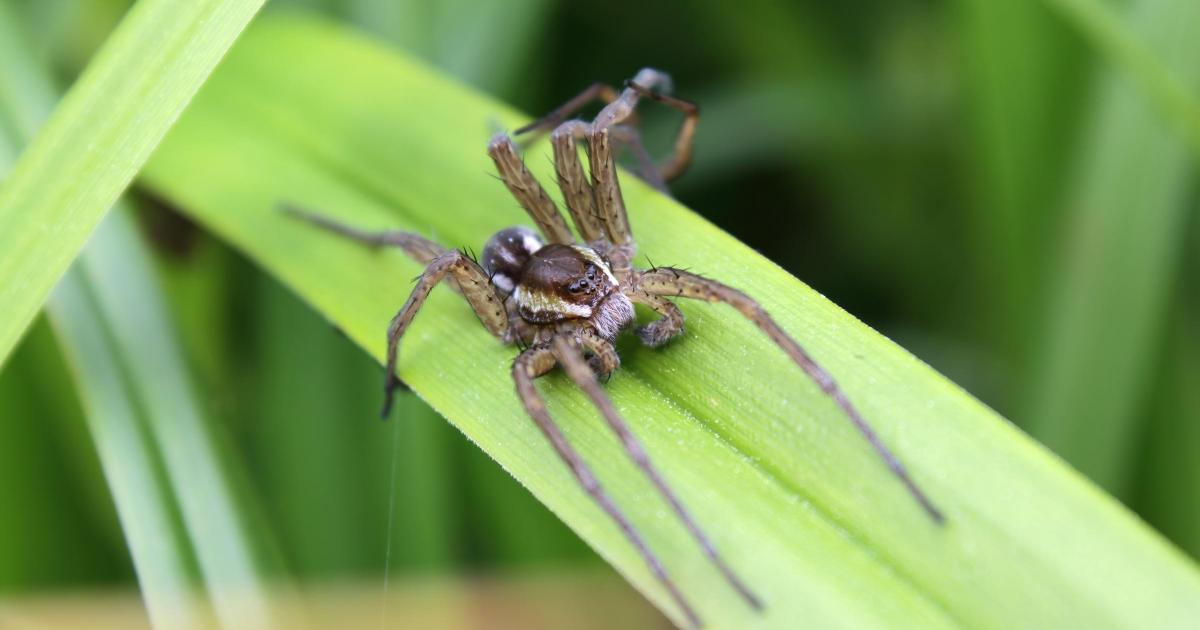Fen Raft Spiders, which are one of the rarest species across the British Isles, have steadily increased their numbers on the Norfolk Broad after successful conservation efforts.
Adult female Fen Raft Spiders can grow as large as the palm of your hand, but you’ll be pleased to know that they are harmless to humans.
Fen Raft Spiders make comeback after coming close to extinction
Fen Raft Spiders are harmless to humans(Image: Getty Images)
According to Buglife, the spider species is large and semi-aquatic with a rich brown or black body and has white or cream stripes along the side of the abdomen.
They tend to live in wetlands across the South of England and Wales and have the ability to sit on the surface of the water thanks to their hairy legs.
The RSPB Mid Yare nature reserves site manager, Tim Strudwick, said: “The Fen Raft Spider is one of the UK’s rarest invertebrates and we are proud of the role our reserves and teams have played in its recovery. These spiders have an important role in maintaining the rich aquatic diversity found in the grazing ditches on our reserves. The females are impressive in size, but also beautiful – they are truly special to see!”
Their numbers have returned to the thousands(Image: Getty Images)
The most recent survey suggests that the total number of female spiders is well into the thousands, with potentially 3,750 individuals.
Recommended Reading:
Despite being at risk, these numbers hopefully point to another successful year of breeding.
Tim adds: “The spiders are only seen in the grazing marsh ditches and are fairly shy but are easier to see from June to September. Walking along the meadow trail gives visitors at Strumpshaw Fen the best chance of sightings of the mature females and their glistening nursery webs, so now is the perfect time to make a trip to the reserve”.
Highlighting how this demonstrates the importance of conservation work, RSPB ecologist, Jane Sears, adds: “The RSPB has played an important role in the reintroduction of these spiders and means we must continue to restore, manage and protect the wetland habitats where the Fen Raft Spider thrives to ensure the future of not just this species, but many others too”.
